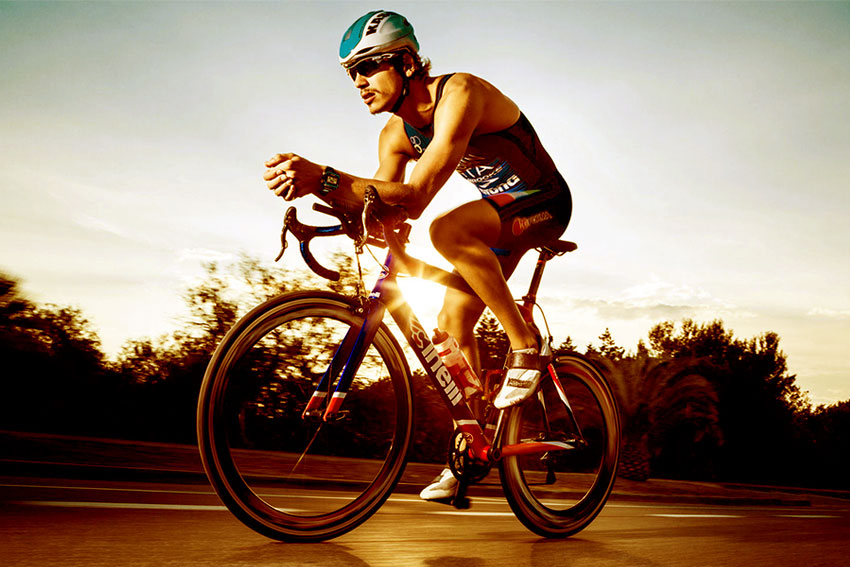Sport Injuries
Think... extreme sports to occasional frisbee in the park

From strains to ruptured muscles, broken bones to ligament reconstruction, from running to swimming, football to cricket and weekend warrior to professional, we have the expertise to help you.
We have specialised in assessing and treating sports injuries from acute and complex to chronic residual problems since 1996. We aim to minimise the recovery time needed for you to resume your normal (sports) activity level and often see acute injuries within 24 hours of trauma.
A prompt, accurate, detailed diagnosis is essential for any successful treatment within Sports Medicine. We initially perform a full clinical assessment covering all aspects of your injury. Local tissue trauma is assessed and any imaging results and/or surgical details will be reviewed.
Ultrasound imaging is integrated within our clinic and may be performed to further assess your injury. Contributing factors to the cause of your injury will be identified by an assessment of biomechanics, muscle balance, postural stability and functional movement patterns, as well as aspects of sport-specific training, technique, exercise routines and gait.
Combined, the findings give a detailed insight into your injury and form the basis for a prognosis, treatment plan and rehabilitation exercise programme. Your physiotherapist will talk you through their findings and the proposed treatment.
Combining expert hands-on treatment, with progressive functional exercises, followed by sport-specific training, results in an intensive, effective and rewarding treatment programme. Progress is monitored throughout treatment and you are encouraged to monitor any reaction to exercise and your personal trainer/coach can be briefed, enabling them to help you achieve your goals. We will provide a report to your referring specialist or may suggest specialist referral if further investigation is required.
Biomechanical & Muscle Imbalance
“Biomechanical imbalance”refers to altered joint positioning and range of movement within joints. During movement, many joints form part of a chain and alteration to any part of this chain affects the way we move.
"Muscle imbalance" refers to altered muscle flexibility and activity, and change in the muscle pattern that occurs during movements. This also affects how we move.
Trauma and bad posture (and in sport, bad technique) can lead to a combination of both biomechanical and muscle imbalance (altered movement patterns). This often explains the build-up towards an injury. Once the issue is identified and restored with treatment and exercises, risk of injury can be reduced and posture and sports performance significantly improved.
